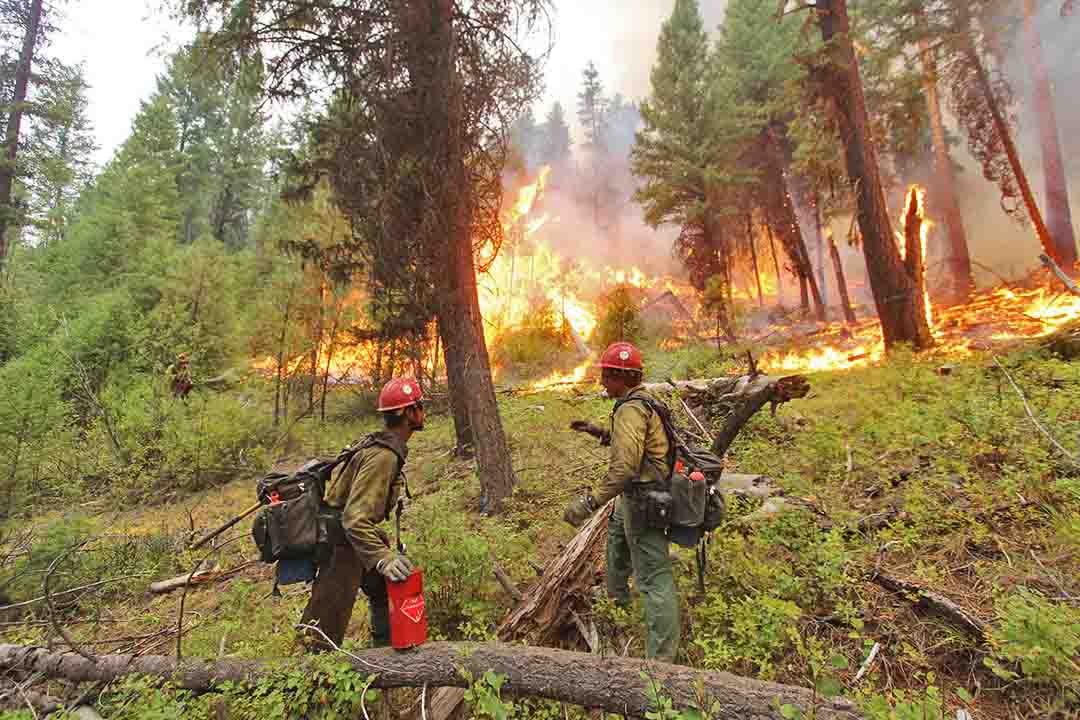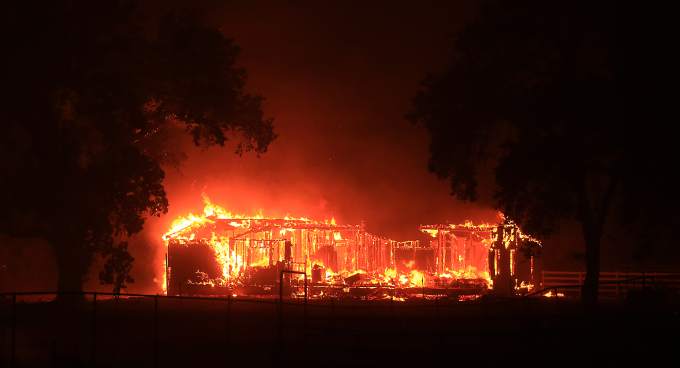Guest Article: Lessons Learned From The Pioneer Fire 2016, by Tanker Jack
This all happened within our first month into our relocation to the Redoubt. To start off correctly, we must give you a little background on our family. I was a retired Army tanker ( for 20 years), then in 2009 we started our next career as a government employee with Corp of Engineers and the Navy. Chasing promotions had us moving every two years, taking several jobs with the purpose of climbing the corporate ladder as fast as possible. Then the “come to Jesus” moment” that turned us into the preppers we are today happened. The Kentucky ice storm of …


